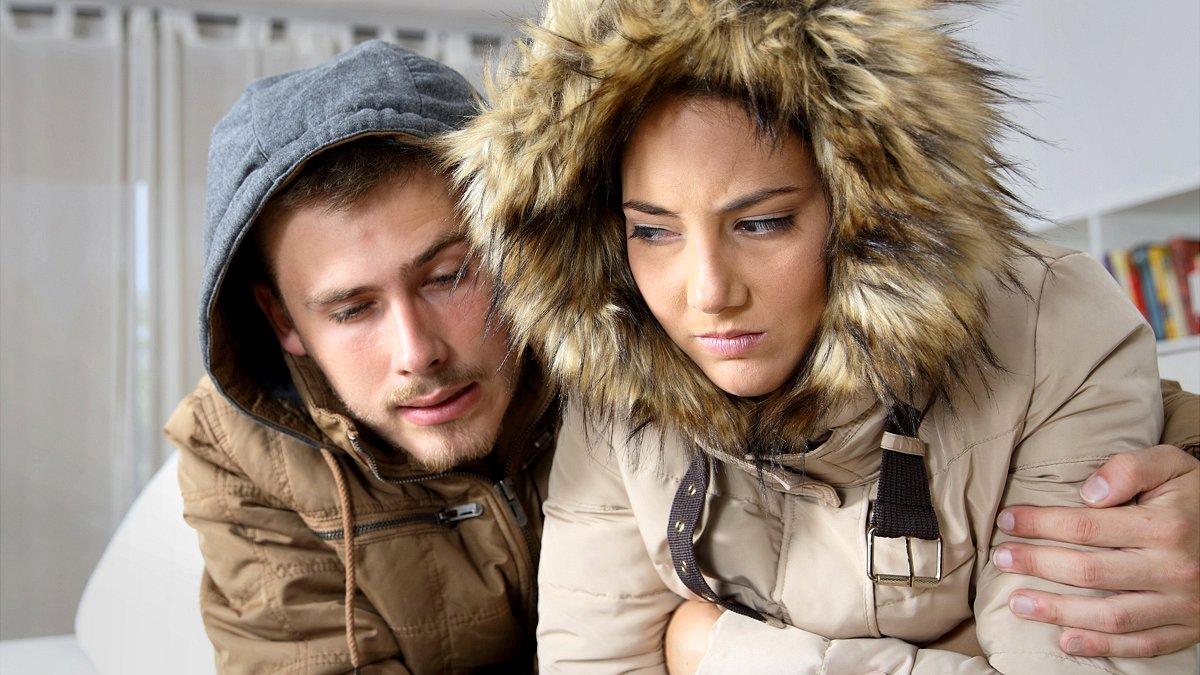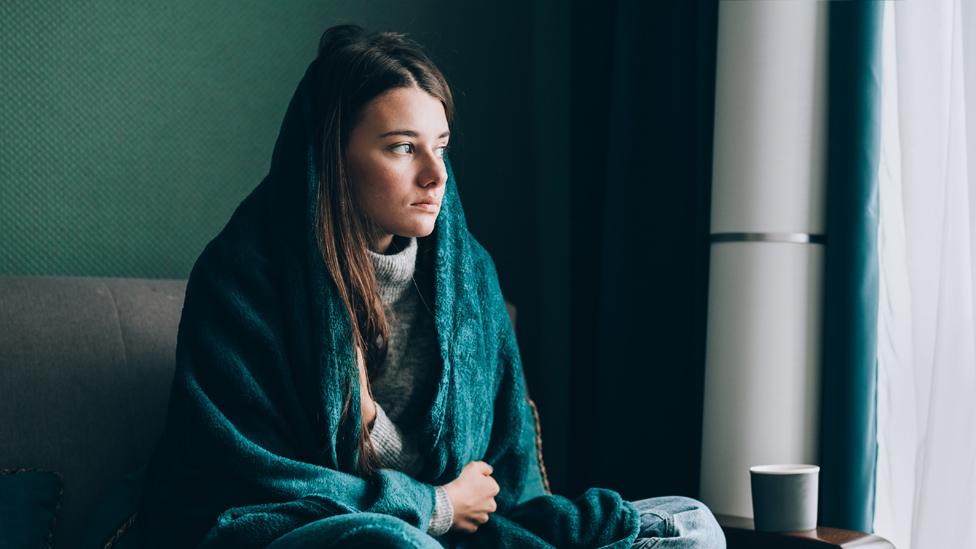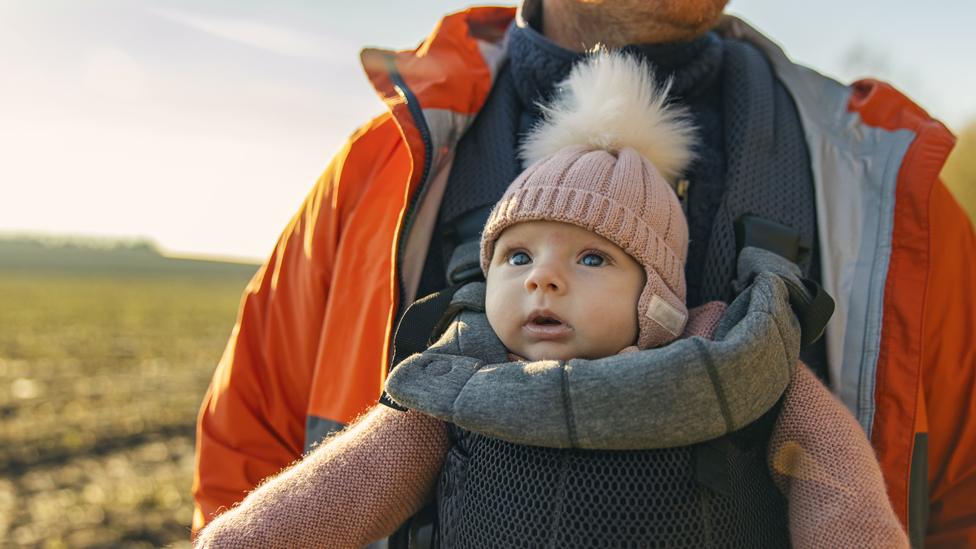Cost of living: Woman, 78, lives in bedroom to keep warm
- Published
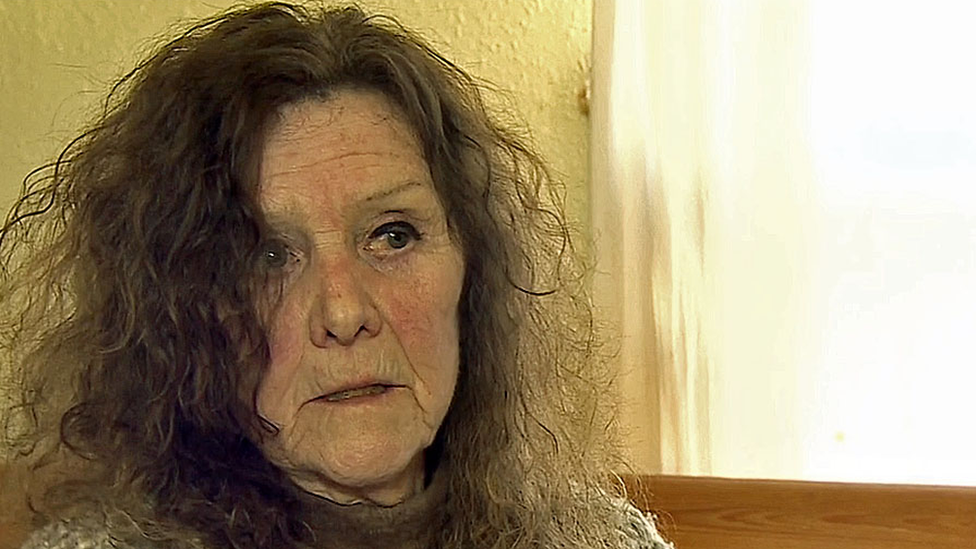
In the past couple of years Audrey Roberts has spent most of her time living in her bedroom
A 78-year-old woman has described how she spends most of her time living in her bedroom because she cannot afford to heat the rest of her home.
Audrey Roberts said she has been like this for years and is used to it, but this is the coldest she has known.
To highlight the issue Friends of the Earth has shared thermal images to show how people are affected by the cold.
It is campaigning to get UK governments to improve insulation in homes, and provide more help with heating bills.
Ms Roberts has gas central heating in her home in Rhyl, Denbighshire, but said she cannot afford to put it on as much as she needs to keep it warm.
She tries to put it on once a week to prevent the small redbrick two bedroom house from becoming damp.
But when she ran the heating for 10 hours overnight once this week, Ms Roberts used up £15 of the £40 credit she had on her gas smart meter.
"You have to air the house every now and again, because the cold comes up through the floorboards," said Ms Roberts, who estimates her bills would be hundreds of pounds more each month if she was to use her central heating as much as she would like.
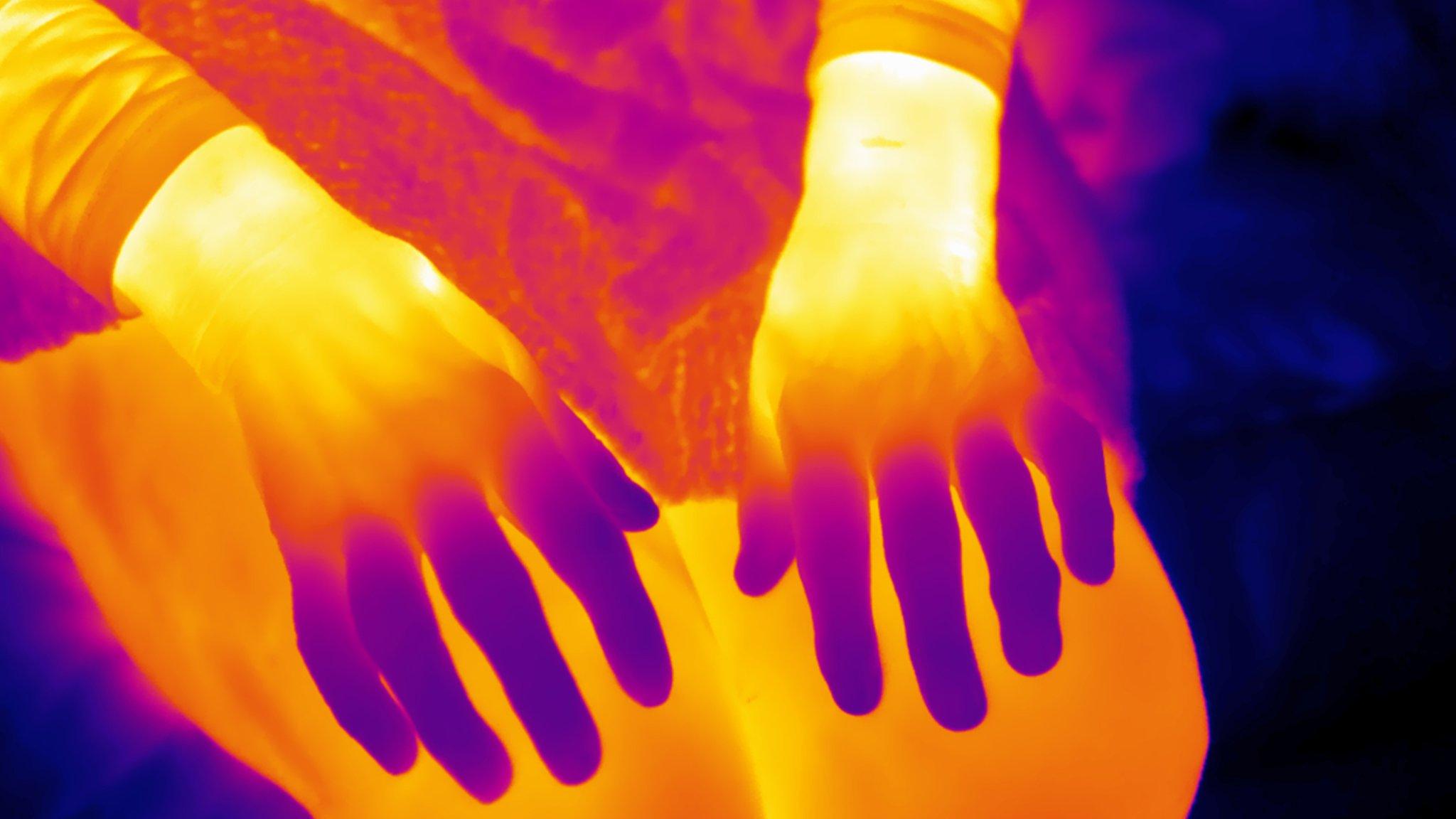
Thermal images shared by Friends of the Earth show that the tips of Ms Robert's fingers are badly affected by the cold in her home
To keep her bills under control, Ms Roberts, who has arthritis and poor circulation, relies on a small electric heater instead, which she keeps by her bed. It costs between £6 and £10 each night she leaves it on.
She has had a triple heart bypass, and wears extra layers, and at least two pairs of socks in a bid to keep the worst of the cold at bay.
Her home of more than 30 years has a kitchen, and two living areas. She has moved her kettle and a TV set into her bedroom, so she can remain upstairs in the one room as much as possible.
Bleak conditions
Ms Roberts said that having been born in the last years of World War Two, and lived through the tough post-war years, she said she can cope with the bleak conditions she faces now. But her real fear is for her children and grandchildren in the years ahead if the cost of heating a home continues to spiral upwards.
"I want to stick up for the children because eventually they are not going to be able to afford to keep warm.
"The way they are carrying on, with the central heating - up and up and up - people will have to have coal fires again, and they'll be burning rubbish to survive."
Watch: A minute of money-saving tips with the BBC's Matt Taylor and Colletta Smith
Friends of the Earth has identified 100 of the coldest neighbourhoods in Wales and England for the campaign. Rhyl is among those with houses which are hardest to heat, with bills higher than average, and where most people are also living on low incomes.
As part of its United for Warm Homes campaign, the group is urging the Welsh government to urgently introduce its new Warm Homes programme, to help those most in need, and through street-by-street insulation in neighbourhoods.
'Shamefully all too common'
Catriona Currie, warm homes campaigner at Friends of the Earth, said there are millions of people facing an "incredibly bleak" winter ahead.
"We've heard how people are making every adjustment they can to ease the enormous cost pressures they're facing.
"Harrowing stories like the ones captured in these striking photos are shamefully all too common right now.
"No-one should have to live in a freezing home, just so they can afford to pay for food or meet other rising living costs."
A Welsh government spokesperson said: "We are working hard to support people during the cost of living crisis - targeting help to those who need it the most and continuing to provide programmes which put money back in people's pockets.
"We have bold ambitions to meet our energy needs through renewable sources and are currently rolling out a wide range of measures to increase the energy efficiency of homes across the country."
The UK government has announced that it will give £1bn in grants to help people insulate their homes to make them more energy efficient.
- Published9 December 2022
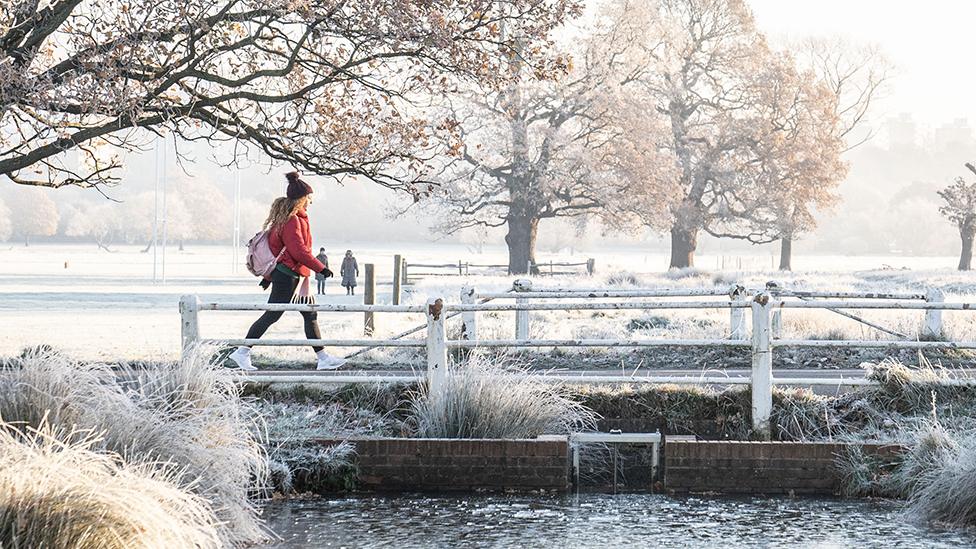
- Published8 December 2022
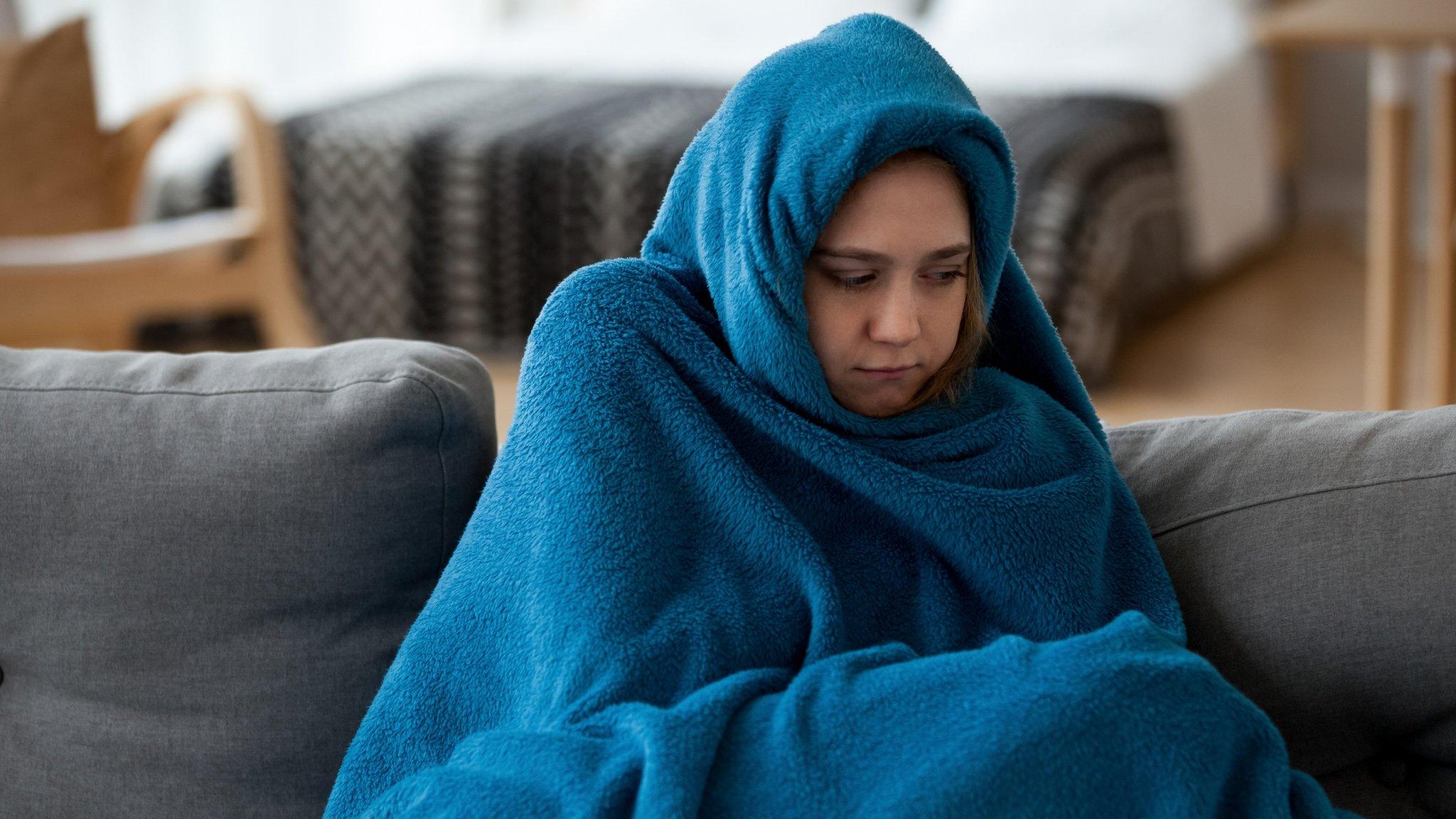
- Published7 December 2022
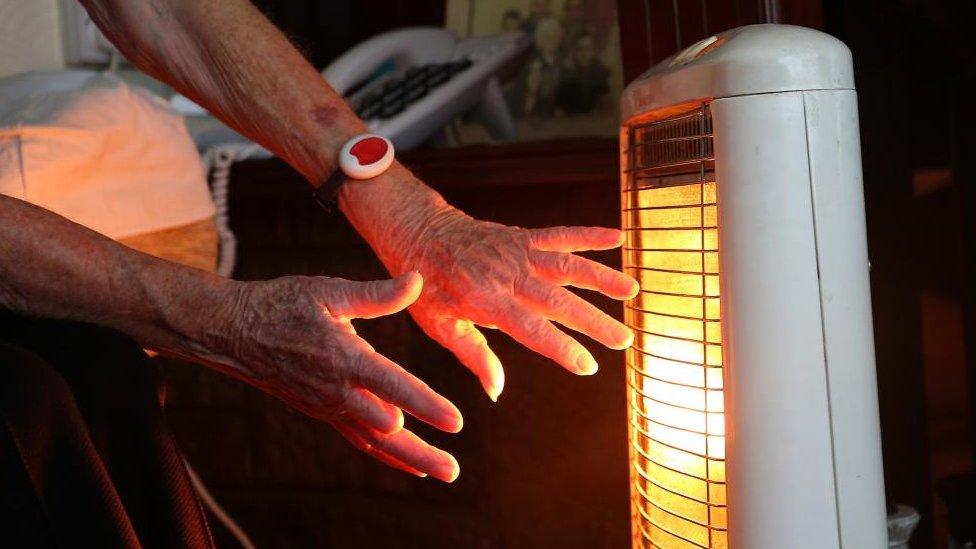
- Published19 November 2022
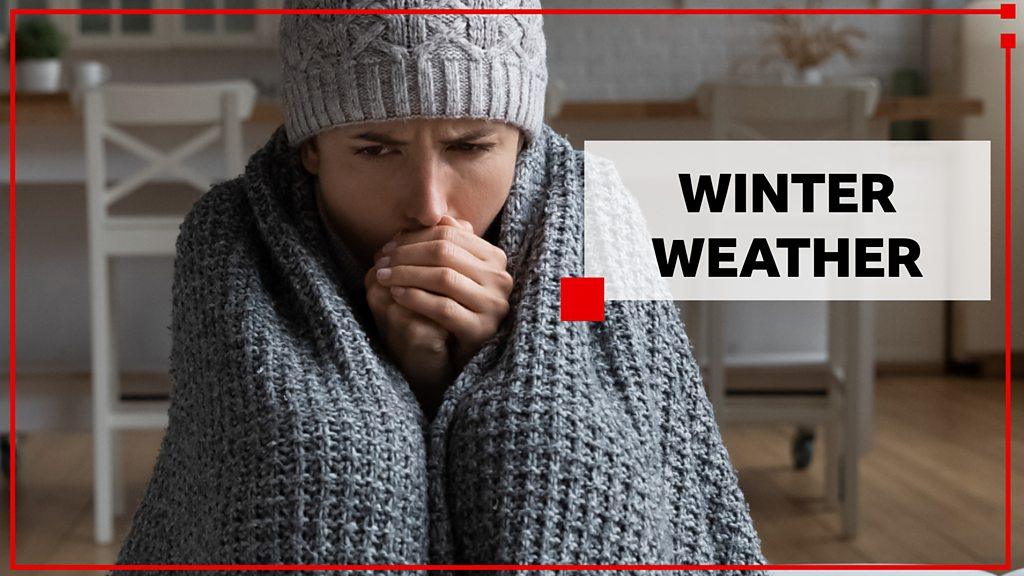
- Published19 November 2022
